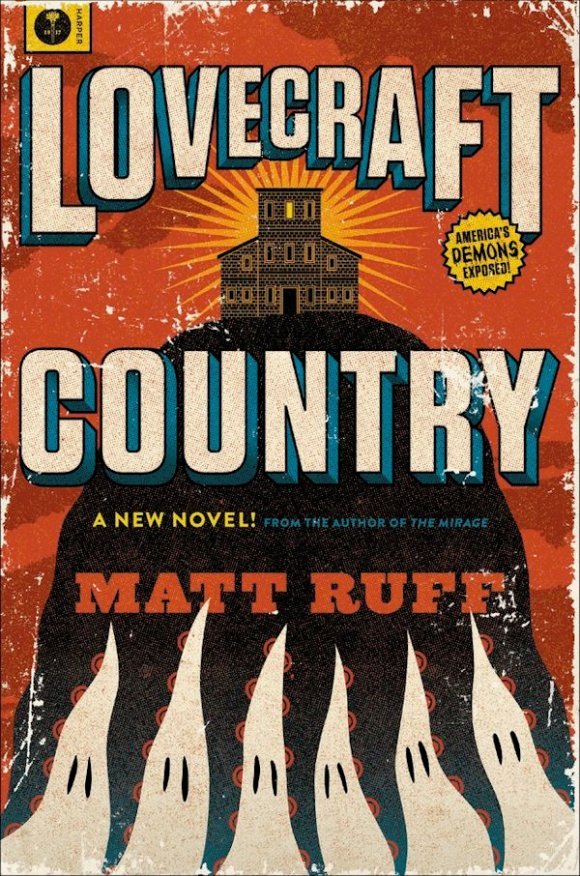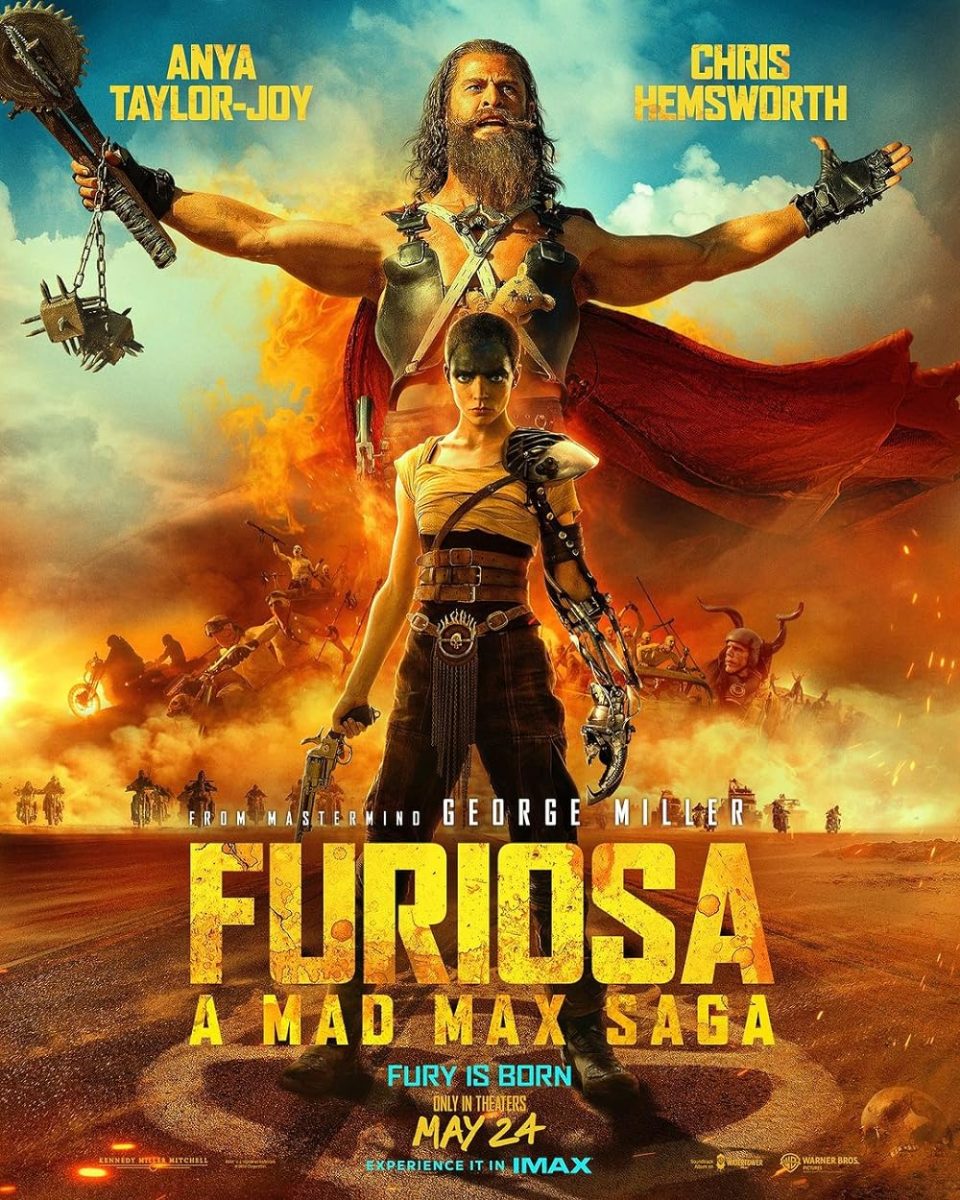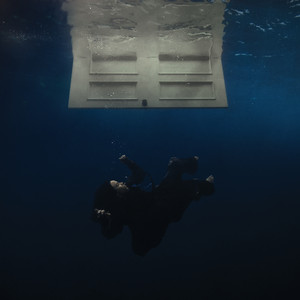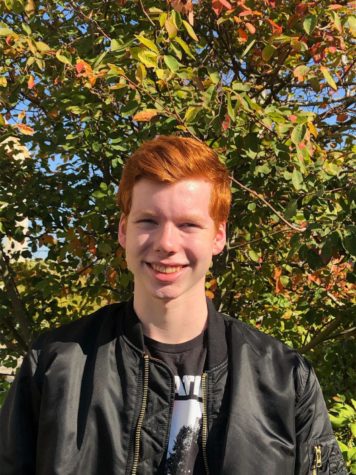In a neighborhood of Seattle, you might come across a small triangular building.
Maybe you’ll think it’s some sort of unused structure, but it happens to be the home of an active recording studio and a landmark of the Seattle music scene.
The building opened as a grocery store and operated as so until the early 1970s. After briefly sitting vacant, it reopened as Triangle Recording.
However, its most famous incarnation is Reciprocal Recording.
Between 1984 and 1991, the studio produced some of the legendary records responsible for the early grunge boom, including Nirvana’s “Bleach,” Soundgarden’s “Screaming Life” and Mudhoney’s “Superfuzz Bigmuff.” The “godfather of grunge,” Jack Endino, worked here during this time.
Currently owned by Chris Walla, the founding rhythm guitarist of the popular indie band Death Cab for Cutie, the studio is currently named Hall of Justice and continues to produce music to this day.
“I think that the building definitely has a kind of gravity about it. It’s really different from anywhere else I’ve ever worked,” Walla said.
In 2000, Walla took over the studio, and major renovations were made in 2008.
“The building itself was in quite bad condition. It really did need to be pulled apart completely. And the rebuild was about 16 months… it was done by a small group of people. And they were really dedicated to it but also there were a lot of things that turned up during the process,” Walla said.
Some of the issues were near catastrophic due to the damage sustained over the years.
“The west wall of the building almost collapsed… the whole exterior of the building had been quite damaged but nobody really knew that… the existing interior walls were holding up the building. When they pulled down the interior walls, the whole building kind of shattered and almost collapsed. There were a handful of things like that, like, ‘Oh my God, what do we do now?’ It was a really challenging, long, slow and frankly quite expensive project,” Walla said.
However, the final product was quite rewarding for Walla.
“The building started at the beginning of 2010 and it wasn’t even fully operational until the middle of 2012. It was a big commitment. It was a lot of time and it’s been really rewarding in some ways,” Walla said. “It’s been really challenging and confounding… I don’t regret doing it. And people still make great records and that sort of thing, that’s the thing I can hold my head high about,” Walla said.
Despite being the owner of the studio, Walla also produces, mixes and master’s music recorded at the studio, along with his own music.
“[Producing] means different things to different artists and clients,” Walla said.
“The kind of record production that I usually do involves working with the artists a fair bit before you even get into the studio. Working through the songs, occasionally rewriting things if it feels like songs could be improved or more interesting or maybe clearer or have more impact.”
His role as producer often involves a variety of work not related to the actual production.
“It involves rehearsing the songs with the artists and working through arrangements, and all that sort of thing,” Walla said. “And then I’m also an engineer. Once you’re in the studio, working with the artists to make sure the performances are as good as they can be, given the scope and time and budget and working to support the artists. If they’re working during a difficult time, I’m like a strong cheerleader, advisor, therapist, technical consultant, a whole bunch of things.”
His experiences in Death Cab for Cutie, along with his solo releases, have informed his work in producing.
“Most of my own records are pretty solitary and meditative, and there’s an element of experimentation and growth and just like trying to see if you can do something that’s a personal challenge… On your own, it’s just a fun challenge… you can play it for friends, family and whoever and get some feedback on it,” Walla said.
However, working with others is an entirely different experience due to the collaboration inherent in the process.
“It’s really different from being in a collaborative relationship with people. As far as recording Death Cab for Cutie records versus records for a client, I sort of learned to make records by way of making the Death Cab for Cutie records,” Walla said. “When I’m working on an album with a band, I tend to work kind of that way… I’m not joining the band, but I know the songs I’m going to play with, and I can talk about the songs as though I was in the band. I get really involved in that level of research; it often feels like I’m just sort of joining the band for some period of time.”
One album he worked on has made a lasting impact compared to other records in his catalogue.
“One of my very favorites is a band called Carissa’s Wierd… who were slated to start their second full length record on Sept. 11, 2001. And we ended up not starting on Sept. 11… because everybody thought the world was going to end. But we decided that it would be a good idea to try and start the record on Sept. 12,” Walla said.
That tragedy ended up setting the mood for the performances and ended up turning the record into something more.
“The following day, we tracked a song called You Should Be Hated Here. It’s the first song on that Carissa’s Wierd record. And that song has a spirit and a weight and an energy that I carry around with me. I can just hear it in the chair and I remember what it felt like with everybody. It was very solemn and very sad and dark, but it was really well suited to that piece of music as well. So that was a really special day,” Walla said.
His advice for people who want to work with music production is simple, but profound.
“I think the most important thing to do is to just play and experiment and have fun with whatever tools are available to you. Whether you’re running Ableton [a high-quality music editing software] … or whether you have an old four track cassette… The most important part is just trying things and having fun and not beating yourself up because it doesn’t sound like a record or it doesn’t sound like the thing you want it to sound like yet,” Walla said.
Walla believes that maintaining a creative spirit is the most important part of the journey.
“The curiosity and doing it yourself, that’s the real key,” Walla said.





